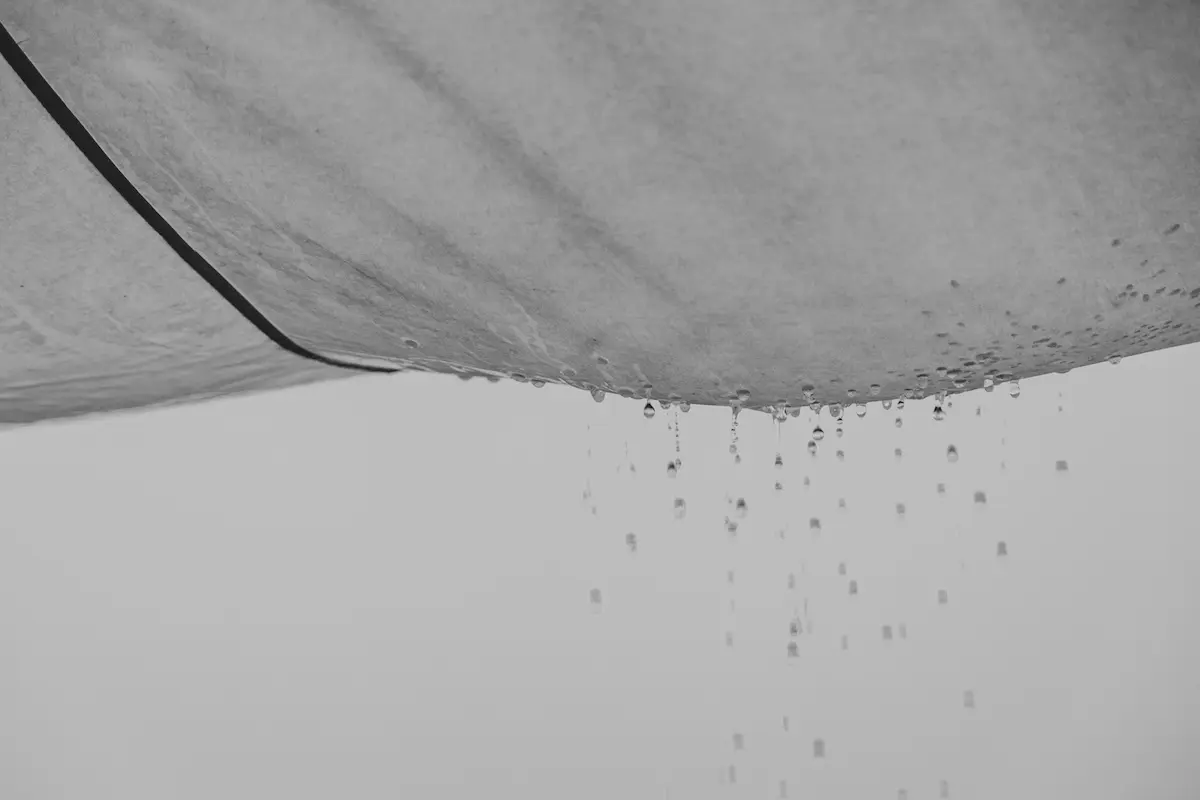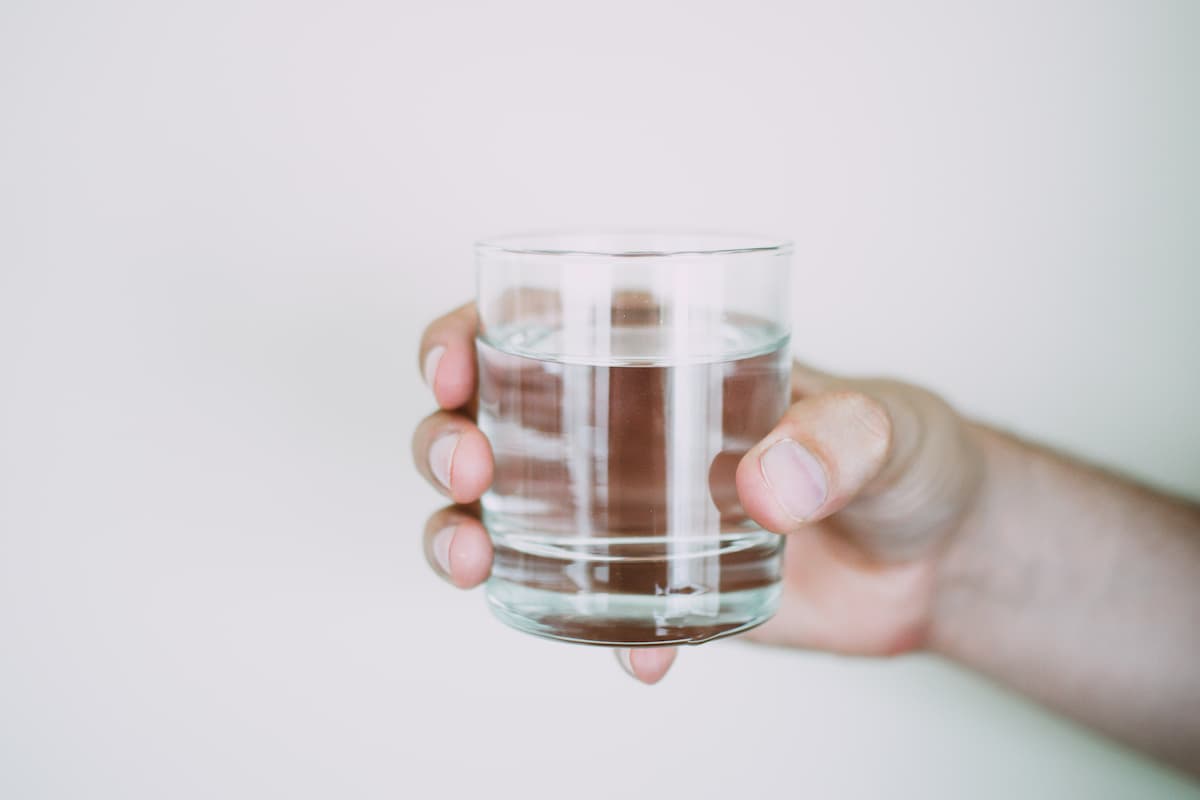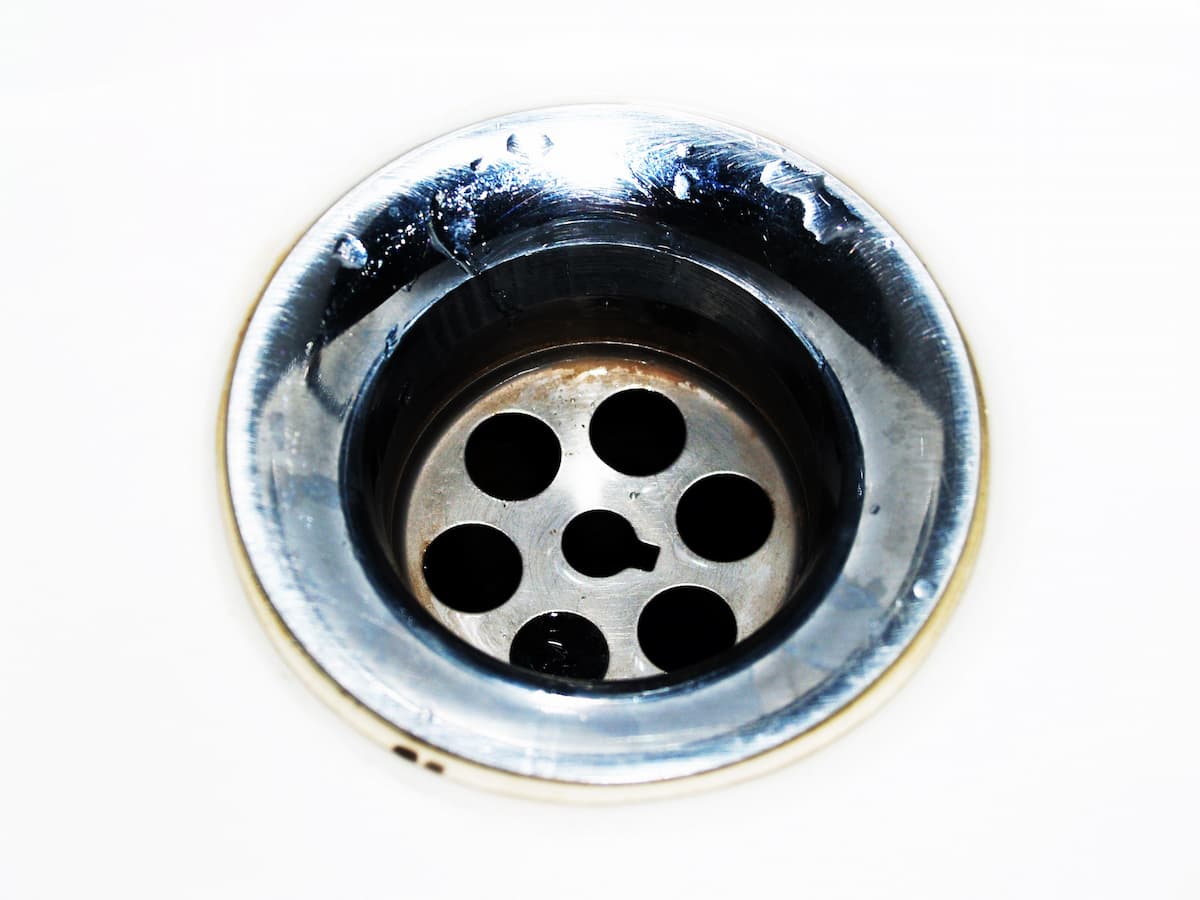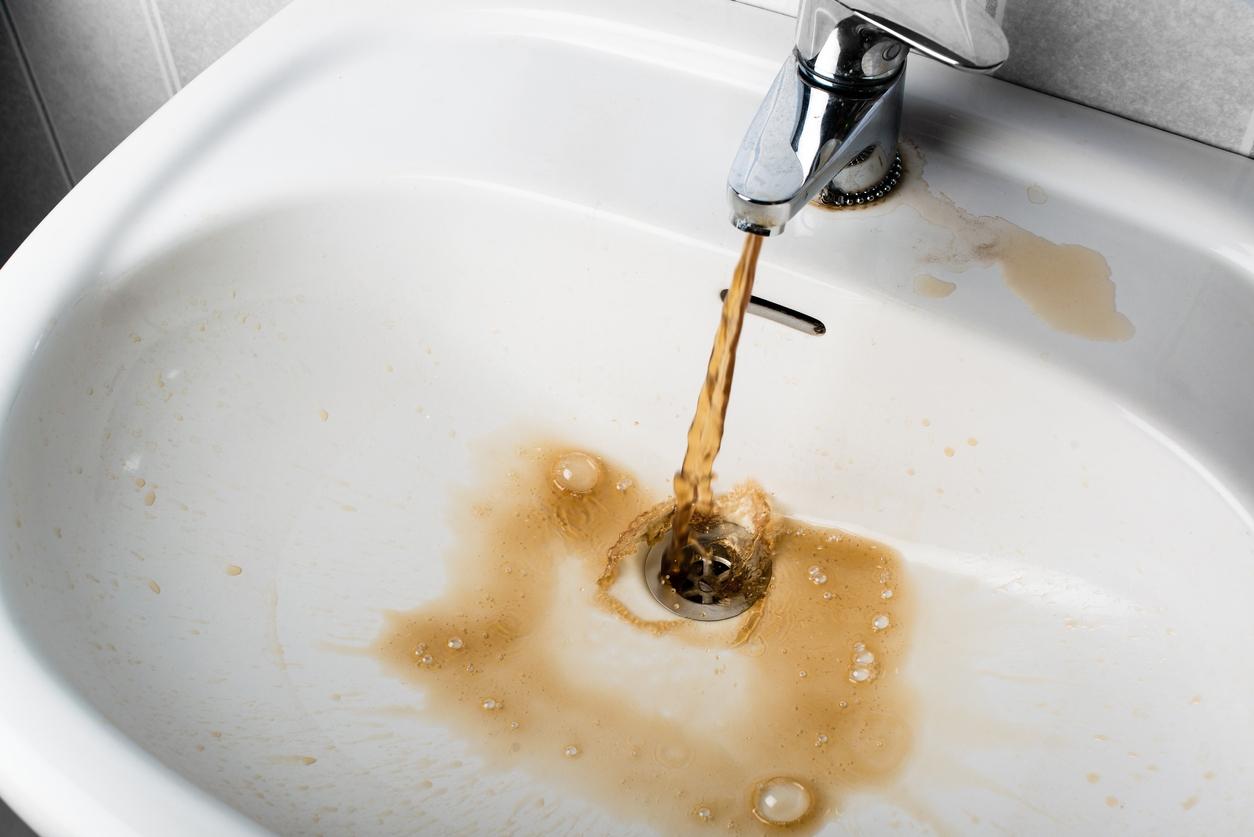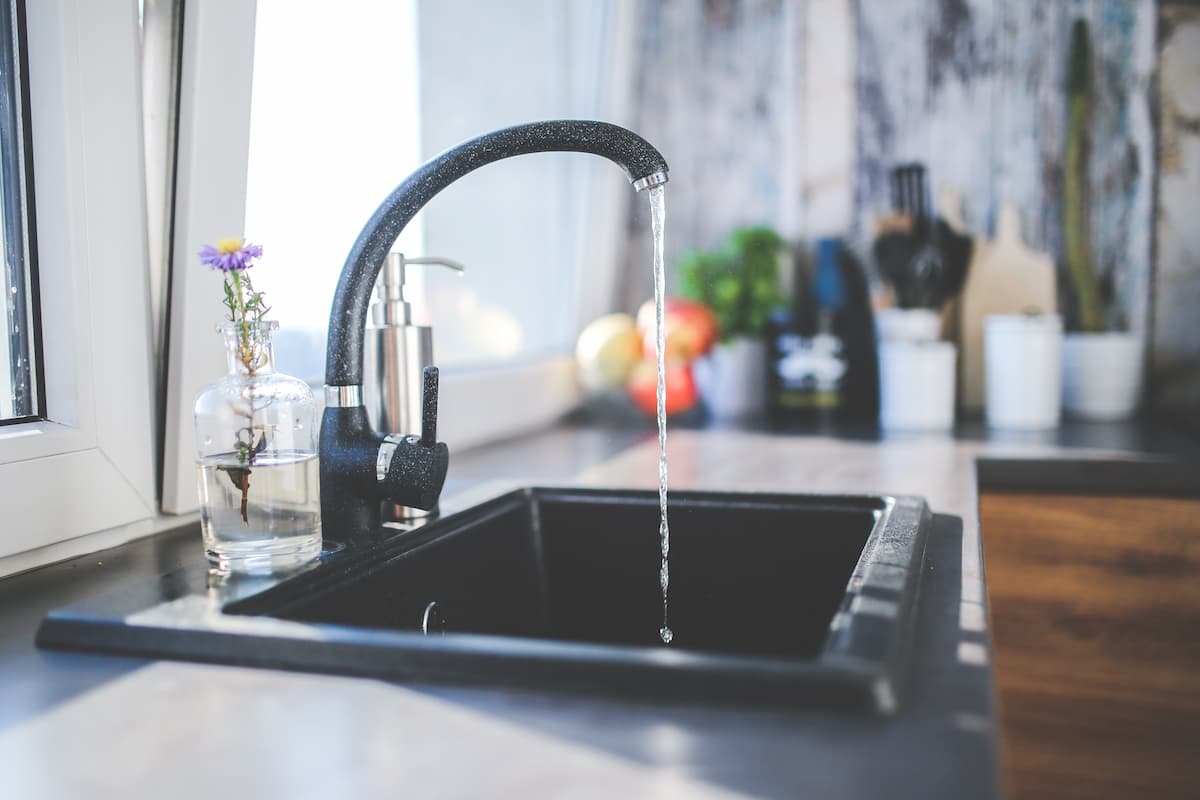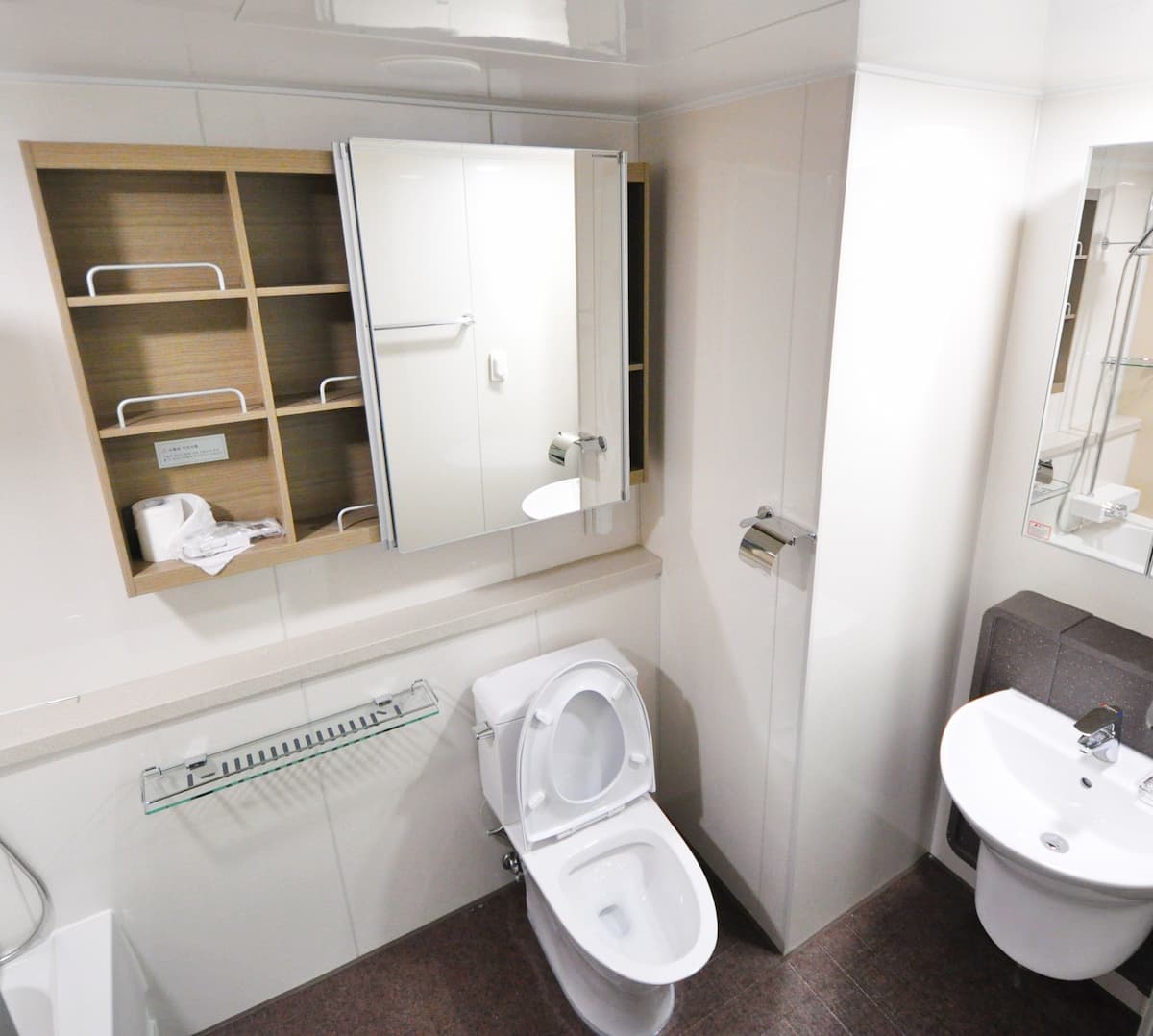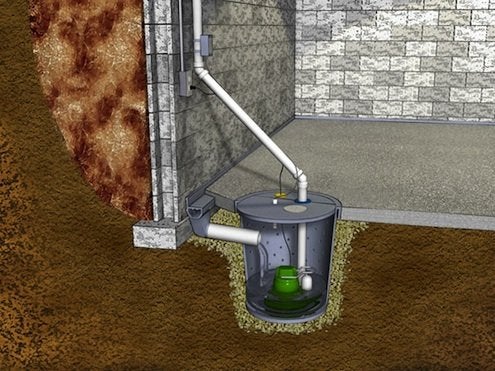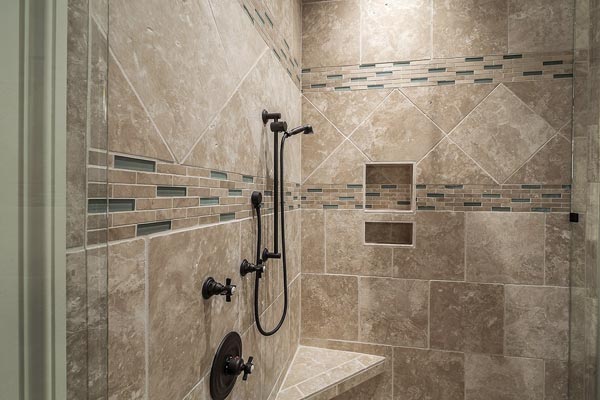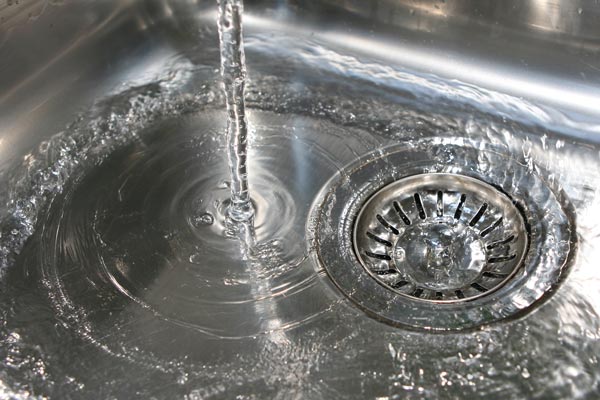Water leaks can cause a lot of damage to your home, so it’s important to prevent and detect them as soon as possible. There are a few different ways that you can go about doing this.
Having a professional check out your property to look for leaks is one approach to find them. As they will be able to pinpoint problem areas and potential leak sources, this method is typically the most reliable for finding leaks. The staff at Advanced Plumbing has experience finding leaks and can assist you in figuring out the source of your water leak issue.
Common Locations Where Leaks Occur
There are several reasons why pipes can leak. They could also be clogged, damaged, or rusted. Appliance seals where water hoses are attached are another frequent location for leaks to occur. These seals have the potential to let water into the house if they are not properly maintained. The leaks frequently go undetected for a long time since they are in obscure locations. Washing machines, toilets, and sinks are typical locations for these leaks. Under water heaters and sump pumps are additional locations where leaks might happen.
Visual Inspection Should Be Part of Your Regular Home Maintenance
Your plumbing system is hidden from view because it is unappealing. Because of this, homeowners frequently overlook their pipes until a problem arises. It’s crucial to visually inspect all of your home’s exposed plumbing once a year. You have the option of doing this yourself or having a professional handle it for you. In either case, it’s crucial to keep an eye out for any leaks that may be hiding, such as water stains on the walls or ceilings or pools of water near fixtures.


